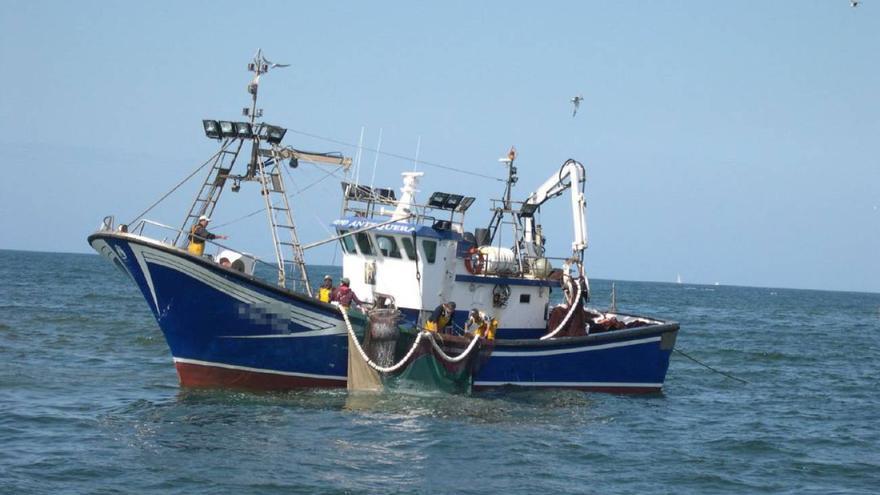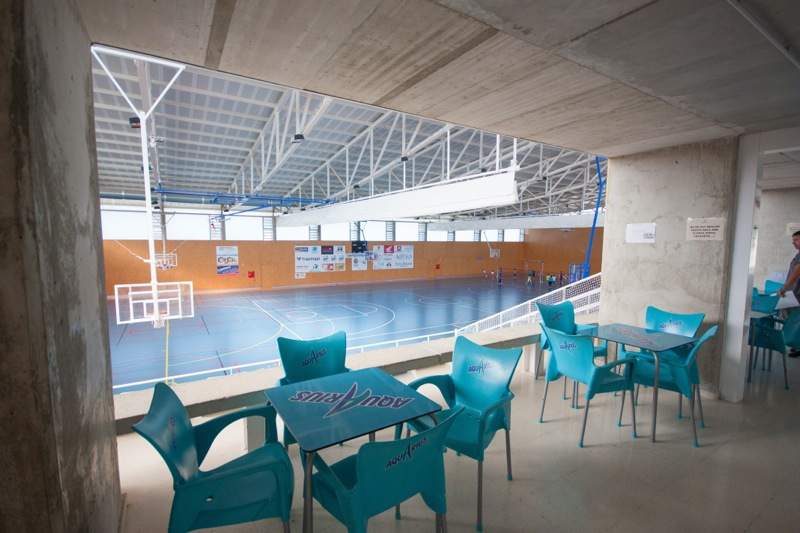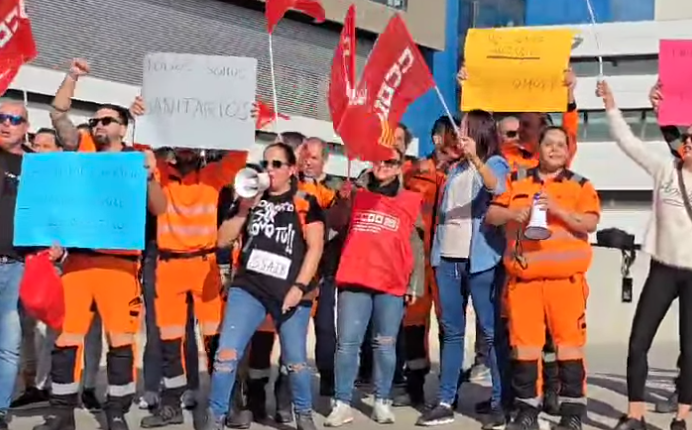European Union (EU) fisheries ministers on Wednesday reached unanimous agreement on fishing opportunities in EU waters in the Atlantic and Mediterranean in 2025, the EU Council and the European Commission said.
-
The 6 fish and shellfish “that would be worth a fortune” with the European Union’s trawling proposal
The agreement was reached after two days of meetings in Brussels, marked by Spain’s opposition to the cut in fishing days in the Mediterranean that had been put forward by the European Commission (EC) at the end of November. “The agreement reached today at the (EU) Agriculture and Fisheries Council will allow fish stocks to be maintained at sustainable levels and protect the marine environment, while also considering the viability of the sector,” the Hungarian presidency of the Council of the European Union wrote on its profile on the X social network. In a statement, the Council specified that “as regards the western Mediterranean, ministers agreed to reduce fishing effort for trawlers by 66% in Spanish and French waters and by 38% in French and Italian waters to protect demersal stocks, while also taking into account the socio-economic impact on the fleets.” With this, an agreement has been reached between the member states and the Commission that would allow the trawl fleet to maintain the same fishing days as those established in 2024, an average of 130 days per year. The European Commissioner for Fisheries, Costas Kadis, said at a press conference after the meeting that “to encourage sustainable practices that protect juveniles and increase selectivity” in the Mediterranean a compensation mechanism was agreed “that will also alleviate the socio-economic impact” of the reduction in fishing days. In that sense, he explained that fishermen can benefit from a “substantial” increase in the number of days they go out to sea to fish “if they commit to selectivity” (the ability of fishing methods to select the desired fish and sizes), to the closure to fishing of sea areas and to the use of “innovative” fishing tools. As an example, he said that if a vessel uses 15-millimeter mesh under certain conditions it can receive 50% more fishing days. He indicated that the compensation mechanism includes a total of twelve such measures. He added that these twelve measures can be accumulated and that if a vessel uses all of them it can fish “the same days or almost the same days it fished this year”. He explained that there will also be funding from the European Maritime, Fisheries and Aquaculture Fund “so that fishermen can apply for these measures”. He said that the Mediterranean agreement“addresses fishing mortality, which is still too high, preserves fishermen’s livelihoods in the long term and improves opportunities for the recovery of stocks”. He acknowledged that these were “long and complex” negotiations and assured that he did “everything” in his power “to resort to the maximum flexibility that the legal framework allows us to ensure the best possible balance between social, economic and environmental considerations.” He added that the message he wants to send is that fishing will continue “on practically the same days, almost the same fishing possibilities but in a more sustainable way”. Among the main elements relating to the Atlantic and North Sea, Kadis said that 16 total allowable catches (the maximum quantities of a fish stock that the EU can fish) have been agreed at sustainable levels and that the agreement will allow “increasing our record of sustainability, also maintaining the objective of our common fisheries policy.”
“No one will go away saying they have achieved everything or lost everything. It is a lowest common denominator acceptable to all,” said Hungarian Agriculture Minister István Nagy.
The European Commission’s initial proposal for the Mediterranean would have meant a 79% reduction in fishing days for the Spanish trawl fleet in these waters, so that these vessels would only be able to go to sea 27 days a year.
On his arrival at the meeting of the ministers on Monday, the Spanish Minister of Agriculture and Fisheries, Luis Planas, said that the Brussels proposal was “clearly unacceptable”.












